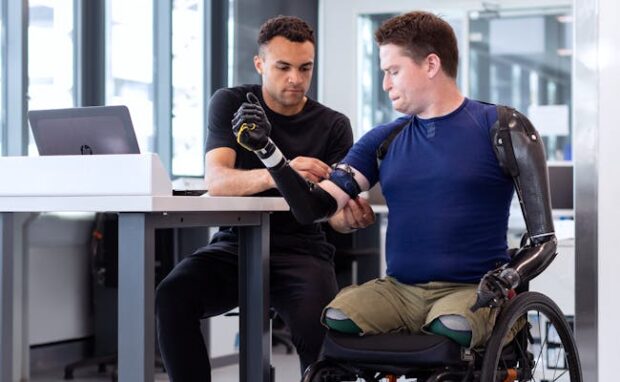Neuralink raises ethical concerns among scientists
Many movies and novels have depicted futures where people install cybernetic enhancements to improve their capabilities. For example, one may get machine limbs to run longer or jump higher. However, applying this fantasy in real life puts forth many ethical concerns we must address as Neuralink and other companies develop this technology.
Many ethicists raised their concerns about Elon Musk’s brain implants after he announced his first successful human trial. For example, the bioethics think tank Hastings Center warned that Musk’s “science by press release, while increasingly common, is not science.” The group warns against relying on entities with a significant financial stake in a research outcome.
What are Neuralink’s ethical issues?

LiveScience shared many of Neuralink’s ethical concerns, such as the lack of information on how it recruits trial subjects. Also, the company did not register on ClinicalTrials.gov, which is customary especially for academic journals.
The Neuralink N1 chip is an example of a BCI or a brain-computer interface. Clinical patients have used them to control devices like wheelchairs.
That is why medical professionals expect the Elon Musk brain chips to follow stringent BCI requirements. Consequently, the lack of transparency troubles experts because sharing clinical trial information is important.
It helps other researchers spot relevant issues with their work, resolve those problems, and improve patient care. Also, these details help others spot potential risks of the technology.
The Conversation says scientists and ethicists feel troubled about potential identity theft, password hacking, and blackmail.
People control brain chips with their thoughts, so these machines may affect a user’s autonomy. Nowadays, Neuralink only focuses on patients with paralysis.
However, Elon Musk’s ultimate goal is to help humanity. That means he plans on installing these brain interfaces on healthy people to “keep pace” with artificial intelligence.
Will Neuralink make robotic limbs?

Elon Musk will transcend brain chips as he is planning to create cybernetic body parts soon. He suggested this goal during a Tesla investor call on July 20, 2023:
“By combining a Neuralink implant and a robotic arm or leg for someone that has their arm or leg—or all arms or legs—amputated, we believe we can give basically a cyborg body that is incredibly capable.”
“I think it would be incredible to potentially help millions of people around the world, and give them an arm or leg that is as good, maybe long term better than, a biological one.”
However, Yahoo Finance says Neuralink cannot produce advanced prosthetics because it only created a humanoid robot in 2021.
Learn more about this future Neuralink project in this other Inquirer Tech article.